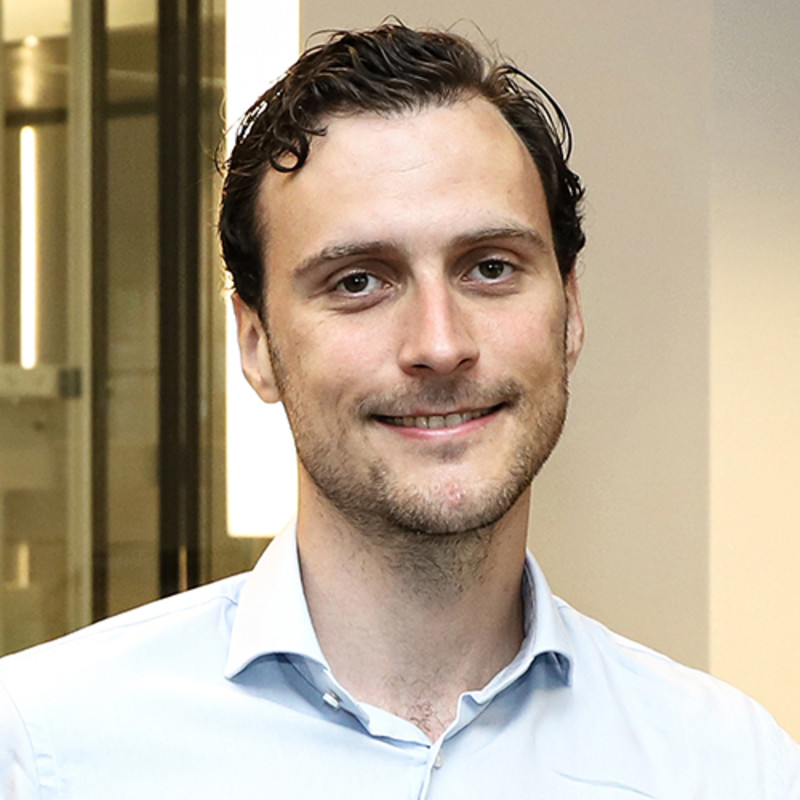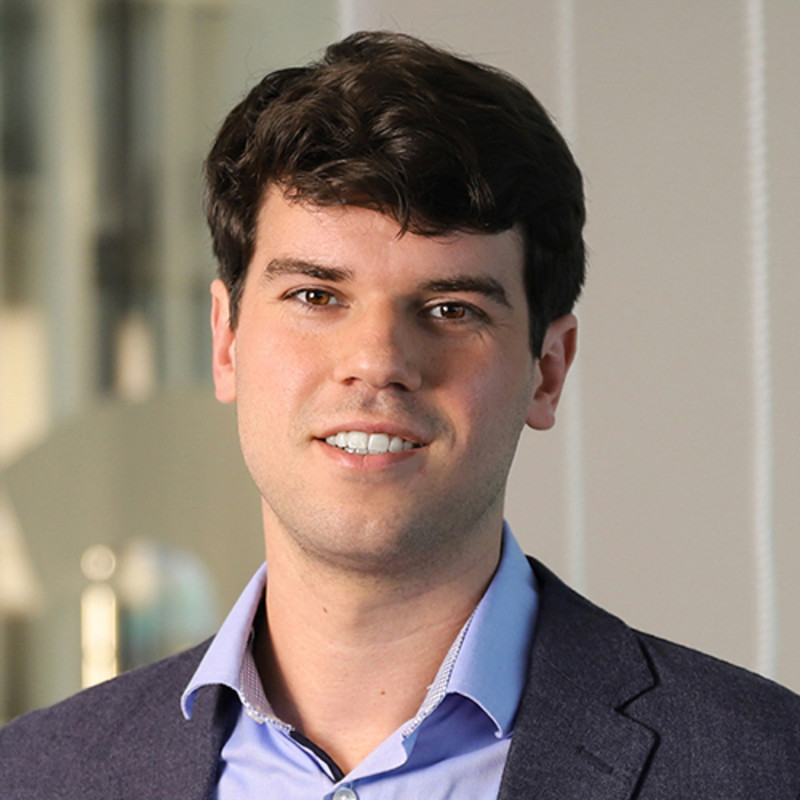

Harnessing GPT for smarter asset management: prospects and perils
Generative models like GPT have the potential to transform the asset management industry, creating new possibilities and challenges. What are the implications for asset management, and how can the models best be approached?
概要
- Generative models like GPT could revolutionize the industry
- These models offer potential benefits but also present challenges
- Asset management can adapt and embrace GPT while also addressing limitations
GPT originated from natural language processing (NLP), a subfield of machine learning (ML) that focuses on enabling computers to understand, interpret, and generate human language. An early example of an NLP application used for financial investments is Bag-of-Words, developed in 2007, which identifies words associated with positive or negative sentiment.
In 2017, Google’s research lab introduced the Transformer model, a deep neural network architecture that enabled more efficient network training and increased the possible model size and amount of data that could be processed. GPT (Generative Pre-trained Transformer) is a specific class of language models based on NLP that was developed by OpenAI. Each generation of GPT has shown a large leap in capability compared to its predecessor, with GPT-4 being the latest and most advanced.
The speed at which GPT and generative models have taken off can be seen as either exciting or intimidating, depending on one’s comfort level with new technologies. When a new technology emerges, one can choose to study its implications with an eye to adoption; or simply ignore it. We suggest that the former path, taken with cautious curiosity, is the more rational one.
There are numerous potential applications for a mature GPT model in the asset management industry. For example, a key component in a quantitative researcher’s toolkit is the ability to quickly find and synthesize information to aid in making investment decisions. ChatGPT’s ability to analyze a large amount of text data could potentially help with portfolio construction, but also help researchers identify novel or emerging investment themes and trends that may not yet be well-known or widely recognized.
A particularly intriguing aspect of its use for researchers is for ChatGPT to function as a sparring partner and research assistant. This could be by asking ChatGPT to evaluate an idea, critique the structure of a piece of writing, or to conduct a scenario analysis. As an example, we asked ChatGPT “Which industries are most likely to be affected by rising inflation, and why?”
Better investments, better workflow
Incorporating GPT into a domain expert’s workflow may allow them to spend more time on high value-add tasks and less on more routine, process-oriented tasks. From reporting to summarization and coding to emails, a de facto personal assistant in the form of a model like ChatGPT can save massive amounts of time and energy. For marketing, too, GPT can help by being a creative sparring partner and by generating catchy copy.
A good example of how the model has helped Robeco is engagement letter writing, an important and effective tool for sustainability-minded investors to get companies to improve their sustainability practices. GPT can help sustainable investors save a tremendous amount of time in writing coherent and polished engagement letters, while still allowing the sustainable investors to choose engagement topics.
In 2022 Robeco developed a system to use GPT to assist in writing engagement letters, thereby enhancing the company’s sustainability professionals’ impact and reach while ensuring they retained total control regarding the company and engagement topics.
What to watch out for
There is a lot of excitement about the current and future possibilities of generative models, particularly GPT. However, it is crucial to recognize and identify potential pitfalls of the technology, as well as situations where things could go wrong. At the time of writing, we see GPT and generative models as versatile and creative tools one can use and experiment with but cannot and should not trust or rely upon completely.
Firstly, having been trained on a very broad set of textual inputs, GPT can struggle with domain-specific tasks. Even GPT-4’s output quality is no match compared to that of a true human expert. Secondly, the answers can also be incorrect. This is known as artificial hallucinations: GPT will confidently give users plausible-sounding answers even though they may be categorically incorrect, and on occasion will even try to drive its point home.
To address these concerns, there always needs to be human oversight, even more so because GPT’s training phase by necessity ends at a certain fixed point in time. Even when up-to-date information is accessible through search engines integrated with a GPT algorithm, which could help to improve the accuracy of generated text and also overcome the challenge of generating text with numbers, relying solely on GPT is not advisable.
Finally, as the asset management industry is a highly regulated industry, the use of GPT faces challenges concerning compliance and regulation. Ensuring the confidentiality of sensitive information is paramount, as asset managers often handle confidential client data and proprietary investment strategies. While GPT models are highly effective in processing and generating text, they may inadvertently retain or expose information provided during training or user interactions. This risk has already led several institutions to block the use of GPT models in order to safeguard client privacy and protect intellectual property.
The future
In terms of the broader society, we see GPT having three key potential implications. First, one way of viewing these generative models is as a conventional wisdom archive. These models could provide quick and easy access to effectively all conventional digitalized wisdom collected by humankind. In essence, these models democratize access to the 101 level of knowledge, both at a general society level and within an organization.
Secondly, this technology also brings the potential for extreme productivity enhancements, taking away the need for workers to do the tasks that these models can do. On one hand, this could usher in concepts such as the ‘four-day work week’1 across the globe. On the other hand, it could mean further polarization of society between those gainfully skilled with abilities generative models do not have, and those who are replaced, such as run-of-the-mill writers and coders. And if these technologies become embedded into society, what will happen to the trustworthiness of information?
For the asset management industry, as machines become more human, the third implication of GPT is that humans can become even more human. That is, people working in the asset management industry must focus more on compassion, creativity, specialized knowledge, and sound judgment. People with specialized knowledge will retain their importance to the organization, and the ability to make the correct business decision – and then be accountable for the consequences – will be as important as ever.
Footnote
獲取最新市場觀點
訂閱我們的電子報,時刻把握投資資訊和專家分析。
Important information
The contents of this document have not been reviewed by the Securities and Futures Commission ("SFC") in Hong Kong. If you are in any doubt about any of the contents of this document, you should obtain independent professional advice. This document has been distributed by Robeco Hong Kong Limited (‘Robeco’). Robeco is regulated by the SFC in Hong Kong. This document has been prepared on a confidential basis solely for the recipient and is for information purposes only. Any reproduction or distribution of this documentation, in whole or in part, or the disclosure of its contents, without the prior written consent of Robeco, is prohibited. By accepting this documentation, the recipient agrees to the foregoing This document is intended to provide the reader with information on Robeco’s specific capabilities, but does not constitute a recommendation to buy or sell certain securities or investment products. Investment decisions should only be based on the relevant prospectus and on thorough financial, fiscal and legal advice. Please refer to the relevant offering documents for details including the risk factors before making any investment decisions. The contents of this document are based upon sources of information believed to be reliable. This document is not intended for distribution to or use by any person or entity in any jurisdiction or country where such distribution or use would be contrary to local law or regulation. Investment Involves risks. Historical returns are provided for illustrative purposes only and do not necessarily reflect Robeco’s expectations for the future. The value of your investments may fluctuate. Past performance is no indication of current or future performance.


























